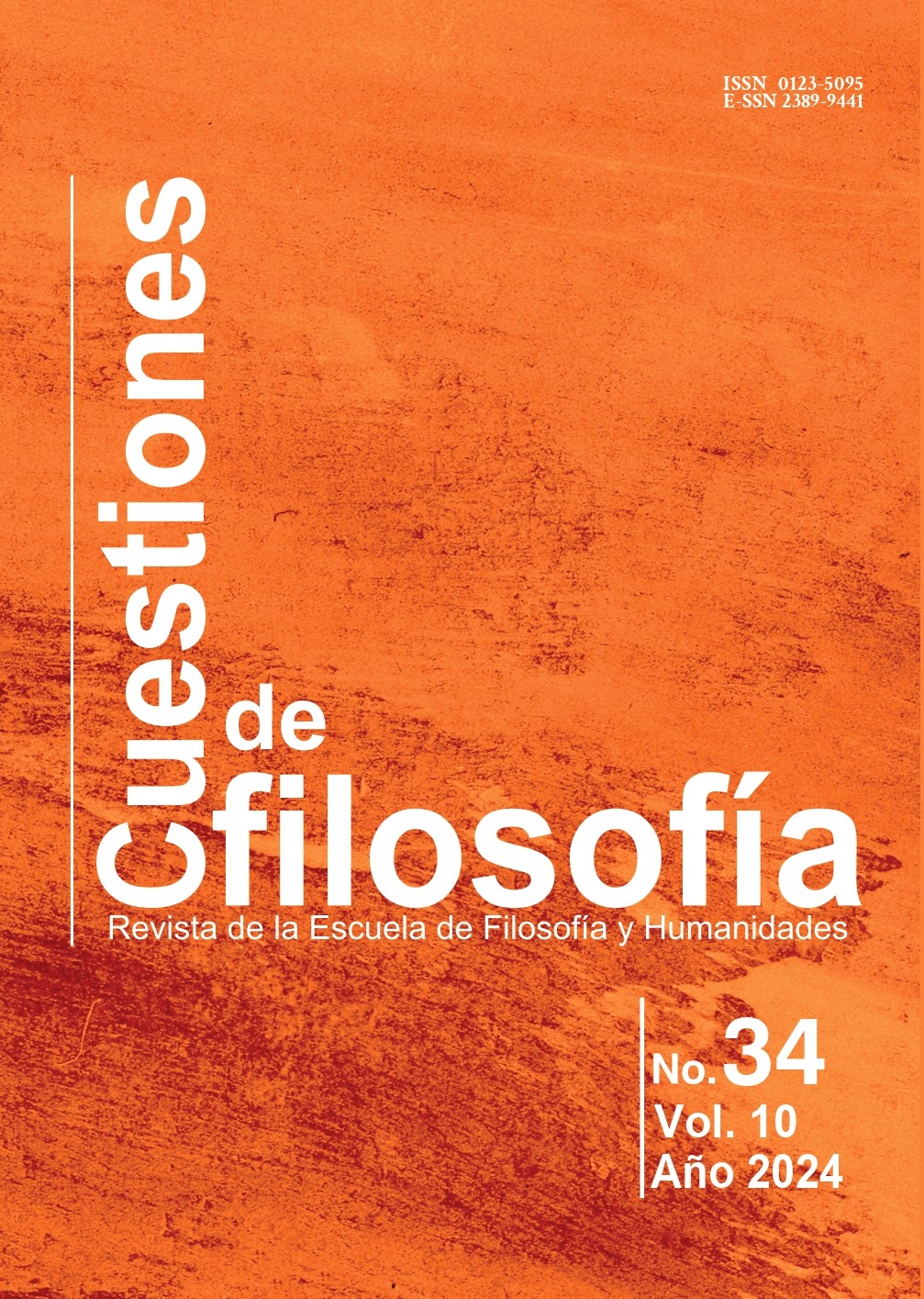Thinking Otherness in Care: A Reflection based on Levinas and Ricoeur

Abstract
The caring relationship is structured around the demand and supply of care. It is very often conditioned by the patient's attitudes towards their illness and the reactions these attitudes evoke in the carer. In everyday practice, the other (patient/carer) is often seen as an object and/or a means. Complaints from patients and carers in hospitals are sufficient evidence of the need for ethical reflection on the relationship with the other in medical practice. Each of the protagonists in the relationship wants to be considered as a unique being, a person recognised as such. Beyond the required technique and the impersonal environment of the hospital, it is important to question otherness in care. The ethics of Emmanuel Levinas and Paul Ricœur seem to us to be the paradigms for understanding how the other can be taken into account in the practice of care. The aim of this work is to carry out a hermeneutic of the texts of these two authors in order to highlight their concept of otherness and how it can be applied in the care relationship.
Keywords
otherness, caregiver, patient, responsibility, solicitude
References
- Basanguka, M. (2005). Éthique et imagination chez Paul Ricœur. Revue d’éthique et de théologie morale, 1 (233), pp. 113-134. https://doi.org/10.3917/retm.233.0113
- Benaroyo, L. et al. (2013). L’Unité d’éthique du CHUV de Lausanne. Pour une éthique immergée dans la pratique clinique. Laennec, 4 (61), pp. 42-54. https://doi.org/10.3917/lae.134.0042
- Canto-Sperber, M. & Ogien, R. (2017). La philosophie morale (4e édition). Paris: PUF.
- Hirsch, E. (2002). La Révolution hospitalière. Une démocratie du soin. Paris: Bayard.
- Levinas, E. (1972). Humanisme de l’autre homme. Montpelier: Fata Morgana / Livre de poche.
- Levinas, E. (1974a). Totalité et Infini. Essai sur l’extériorité (4e édition). La Haye: Martinus Nijhoff.
- Levinas, E. (1974b). Autrement qu’être ou au-delà de l’essence. La Haye: Martinus Nijhoff.
- Levinas, E. (1982). Éthique et Infini. Dialogues avec Philippe Nemo. Paris: Fayard.
- Levinas, E. (1991). Entre nous. Essais sur le penser-à-l’autre. Paris: Grasset et Fasquelle.
- Levinas, E. & Ricoeur, P. (1994). L’unicité humaine du pronom ‘‘je’’. Dans J.-C. Aeschlimann (Dir.), Éthique et responsabilité. Paul Ricœur (pp. 35-37). Neuchâtel (Suisse): À la Baconnière.
- Pelluchon, C. (2010). Levinas et l’éthique médicale. Cahiers d’Études Levinassiennes, 9, pp. 239-256. http://corine-pelluchon.fr/wpcontent/uploads/2013/07/CEL9_Pelluchon.pdf
- Ricœur, P. (1990). Soi-même comme un autre. Paris: Seuil.
- Ricœur, P. (2004). Parcours de la reconnaissance. Paris: Stock.
- Svandra, P. (2018). Introduction à la pensée d’Emmanuel Levinas. Le soin ou l’irréductible inquiétude d’une responsabilité infinie, Recherche en soins infirmiers, 132, pp. 91-98. https://doi.org/10.3917/rsi.132.0091
- Worms, F. (2012). Soin et politique. Paris: PUF.
- Zielinski, A. (2004). Levinas. La responsabilité est sans pourquoi. Paris: PUF.